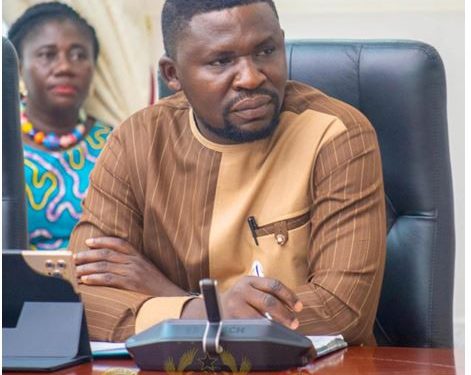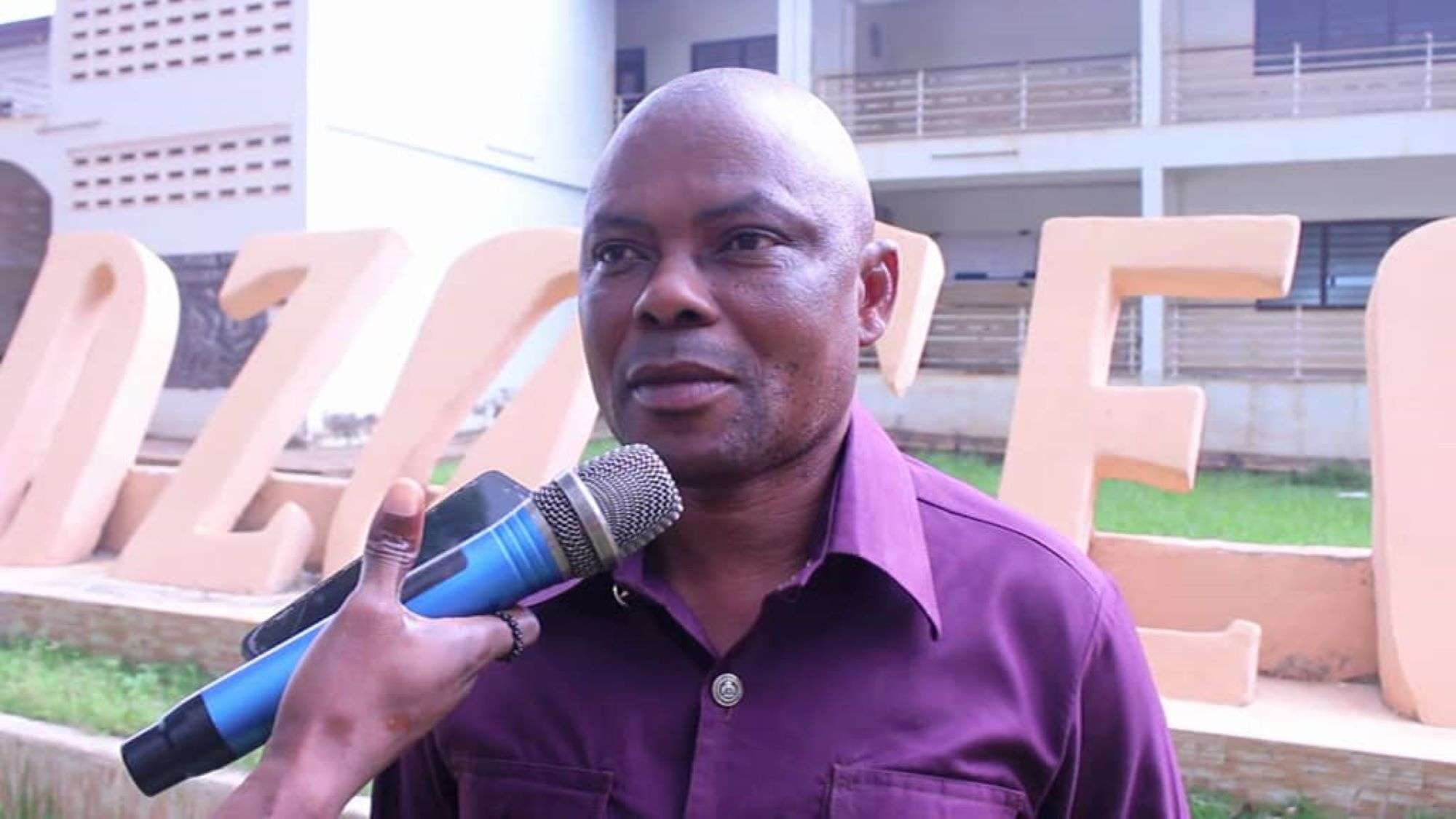The Ghana National Council of Private Schools (GNACOPS) has criticized the Ministry of Education (MoE) for its handling of the Free Senior High School (SHS) policy, stating that the autocratic leadership style and refusal to accept alternative viewpoints worsened the problems surrounding the program.
The National Executive Director of GNACOPS, Obenfo Nana Kwasi Gyetuah, explained that the NPP’s inability to retain power in the 2024 elections could be partly attributed to the over-reliance on Free SHS and the Ministry’s failure to address underlying issues within the education system.
In a comprehensive statement released on January 14, GNACOPS outlined a series of missteps made by the Ministry, highlighting several factors that contributed to the policy’s lack of success. One key issue raised was the Ministry’s unwillingness to explore alternative solutions, such as partnerships with private schools, which left pressing challenges like resource allocation, feeding, and infrastructure neglected.
A particularly controversial decision was the 30% SHS Category A placement policy, which discriminated against students from private schools by limiting their access to top-tier public schools. The policy was widely criticized for creating a division between public and private school students, which further undermined the policy’s objective of providing equitable access to quality education.
Additionally, the Ministry was accused of corruption and lack of integrity in the student placement process, with the appointment of party activists to key positions fostering an atmosphere of mistrust and favouritism.
GNACOPS described the Ministry’s leadership style as autocratic and arrogant, stifling any feedback or criticism from stakeholders, including teachers, school heads, and parents. The restriction of stakeholder participation only exacerbated the negative impacts of the policy.
The misallocation of resources was another major concern. The Ministry’s focus on lavish infrastructure projects in certain constituencies, driven by political interests, came at the expense of essential educational materials, including textbooks. GNACOPS criticized the Ministry for neglecting basic schools, leaving them in dire conditions while prioritizing secondary education that could serve political agendas.
The appointment of inexperienced leaders and the failure to communicate effectively with the public also came under scrutiny. GNACOPS pointed to the Ministry’s digital communication failures, where official websites and social media platforms were frequently down, undermining trust and transparency.














